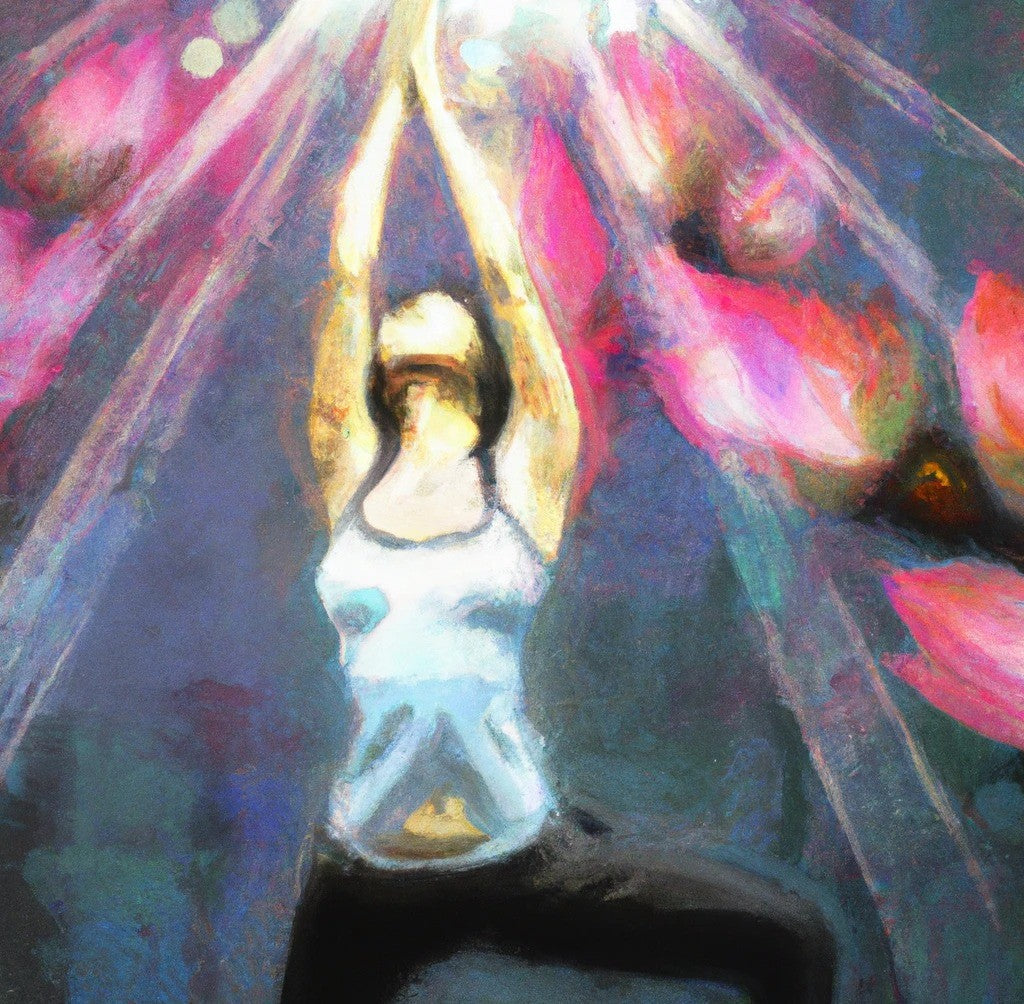Yoga has become increasingly popular in recent decades, even though the practice dates back thousands of years. With the amount of people practicing yoga rising, more and more people discover its numerous health benefits. But what exactly is yoga and how does it improve health?
What is yoga?
The word yoga stems from the Sanskrit word yug or yoke, meaning to join or unite. This refers to yoga’s core aim of uniting body and mind, and together uniting the self (soul). Using poses (asanas) and breath control (pranayama), yoga takes an integrated approach to increase strength, flexibility, and stamina, while also promoting mindfulness, emotional balance, and inner peace.
The most common form of yoga in the west is hatha yoga. “Ha” meaning sun and “tha” meaning moon, hatha yoga is seen as the union of opposites. Within the practice of Hatha yoga there are various styles and methods suiting all abilities and conditions. Therapeutic yoga utilizes this quality to boost mental and physical health and make it accessible to everyone.
Yoga for older adults
Falls are common in older adults, with one third of adults aged over 65 falling each year.[1] As the number of falls rises with age, so does the risk of serious injuries and developing a fear of falling. This fear leads to decreased activity, further increasing fall risk.
One of the key aspects of yoga is promoting self-awareness, both from a mental and physical perspective. The mind is focusing on what is occurring in the body and where the body is in space. Researchers believed this could help prevent falls in seniors. Since then, multiple studies have indeed shown that yoga both improves balance and reduces fear of falling in the elderly. Though data on actual falls is lacking, improved stability and decreased fear of falling likely reduces number of falls.[1,2]
Yoga & mental health
 Yoga lowers the amount of stress and stress related hormones in the body. Since these hormones are important in both the development of mood disorders and has an inhibitive function in certain cognitive processes, yoga may be beneficial for both.[3]
Yoga lowers the amount of stress and stress related hormones in the body. Since these hormones are important in both the development of mood disorders and has an inhibitive function in certain cognitive processes, yoga may be beneficial for both.[3]
In this light there has been an increasing interest in seeing if yoga is an effective treatment for mood disorders, and which style of yoga is most beneficial. It was found that between depression and anxiety there were different techniques in breathing, postures, relaxation, and meditation that worked best. And, when used in the correct way, yoga did significantly reduce symptoms of depression and anxiety, and improved positive emotions and well-being.[4]
Cognitive decline can be slowed down or improved by physical activity and lowering stress (related) hormones. Since yoga, aside from physical activity, also has an attentional demand, it was thought that yoga may even be superior to other forms of physical activity. Studies comparing yoga to other exercise show this greater improvement in multiple cognitive domains, naming an improvement in memory, processing time, and accuracy while performing different tasks.[3]
Cardiovascular benefits
Cardiovascular disease is a leading cause of death worldwide, which makes treating and preventing risk factors for cardiovascular disease a key strategy in preventing more deaths. The most important risk factors include hypertension, high blood sugar, and abnormal lipid spectrum. Yoga benefits all of these.
Yoga increases activity of the parasympathetic “resting” nervous system. It is thought that this effect of yoga is the foundation of the results found for yoga on hypertension. Yoga has shown to reach similar effects to some antihypertensive drugs, and combined with medication showed an even more significant reduction in blood pressure.[5]
In addition to blood pressure, yoga also increases HDL (“good” cholesterol), lowers LDL (“bad” cholesterol), and improves blood sugar regulation throughout the day. This is especially helpful for diabetes, itself a cardiovascular risk factor. Aside from lowering these risk factors, yoga also lowered medication needs in people with diabetes mellitus type 2. This makes yoga exceptionally beneficial for people with diabetes.[5]
Prenatal yoga
Prenatal yoga is increasingly popular, but is it safe and beneficial? Studies confirm it is safe and offers numerous maternal and fetal benefits. Yoga lowered the chance of prenatal disorders and premature birth, while also lowering pain and stress in the pregnant mother and improving the relationship between mother and child after delivery. When compared to walking instead of yoga, yoga improved fetal growth and blood supply.[5]
As pre- and postnatal depression affects 20% of women and medicinal options are limited, yoga’s depression reducing effects are a key finding. It was found to reduce risk of developing pre- or postnatal depression and alleviate symptoms in women that suffer from a pre- or postnatal depression.[5]
Yoga for holistic health
In summary, yoga offers validated physical and mental health benefits, both healing and preventing illness. The research continues to pile up as more discover this ancient practice. Yoga unites body and mind for overall wellbeing.

Want to read more?
- Nick N, Petramfar P, Ghodsbin F, Keshavarzi S, Jahanbin I. The Effect of Yoga on Balance and Fear of Falling in Older Adults. PM R. 2016 Feb;8(2):145-51.
- Saravanakumar P, Higgins IJ, van der Riet PJ, Marquez J, Sibbritt D. The influence of tai chi and yoga on balance and falls in a residential care setting: A randomised controlled trial. Contemp Nurse. 2014;48(1):76-87.
- Gothe NP, McAuley E. Yoga and Cognition: A Meta-Analysis of Chronic and Acute Effects. Psychosom 2015 Sep;77(7):784-97.
- de Manincor M, Bensoussan A, Smith C, Fahey P, Bourchier S. Establishing key components of yoga interventions for reducing depression and anxiety, and improving well-being: a Delphi method study. BMC Complement Altern Med. 2015 Mar 26;15:85. [This article includes recommendations on yoga techniques for the reduction of depression and anxiety symptoms]
- Field T. Yoga research review. Complement Ther Clin Pract. 2016 Aug;24:145-61.

